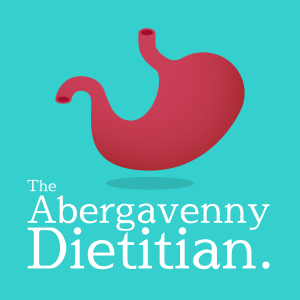The most popular drink worldwide, around two billion cups of coffee are consumed every day. Many of us rely on it daily to help us get through our work days, but a recent report has suggested the humble bean could also help reduce the risk of liver diseases.
What is liver disease?
There are many kinds of liver diseases, including fatty liver disease, cirrhosis and liver cancer. It is on the rise in the UK (affecting one in five of us), and is currently the third biggest cause of premature death in the UK. In fact, the roilate of death from the disease for those under the age of 65 years has increased by almost 500% since 1970.
Coffee could reduce the risk of liver diseases
These numbers about liver disease are certainly scary, but your everyday coffee could help reduce your risk. That’s according to the British Liver Trust, who have released a report pointing to the potential health benefits to the liver from drinking coffee. This 2016 report pulls together and reviews all the evidence to date, and confirms that:
- Regularly drinking moderate amounts of coffee may prevent liver cancer.
- Coffee also lowers the risk of other liver conditions including fibrosis (scar tissue that builds up within the liver) and cirrhosis.
- Drinking coffee can slow the progression of liver disease in some patients
- Beneficial effects have been found however the coffee is prepared – filtered, instant and espresso.
“Drinking coffee can protect you from developing liver disease and in addition reduces the risk of progressive disease for those already affected.” according to Professor Graeme Alexander – President, British Association for the Study of the Liver.
How coffee reduces the risk of liver diseases
Good news stories like these are great if, like me, you are tired of being told your favourite foods and drinks are bad for you. But how does coffee reduce the risk of liver disease?
The British Liver Trust’s report reveals that in addition to caffeine, several substances in coffee are being explored for their benefits in the liver. Kahweol and cafestol, compounds that occur naturally coffee, actually contain certain anti-carcinogenic properties, while chlorogenic and caffeic acids show signs of anti-viral properties.
One of caffeine’s derivative products, paraxanthin, has been shown to lower the development of the tissue type seen in liver fibrosis, alcohol-related cirrhosis, and liver cancer.
It is not clear whether, or to what extent caffeine may be accountable for reducing the danger of developing these illnesses, but it is believed to play a beneficial role.
Diet and alcohol consumption still most important factors
While the study highlights the benefits of coffee, it doesn’t follow that you should ignore the other risk factors for liver disease. A balanced, healthy diet and sensible limits on your consumption of alcohol are still extremely important for reducing the risk of liver disease.
‘Enjoy a cup of coffee but watch the booze and your weight.” says Alexander.
The report is also not a licence to drink excessive amounts of coffee. Moderate consumption can be defined as 3–5 cups per day, based on the European Food Safety Authority’s review of caffeine safety. Experts also stress that it’s not a good idea to start drinking coffee specifically for health reasons.
But overall the report will still be seen as great news for the coffee lovers out there. If you’re one of those, why not celebrate this news with cup of your favourite brew?
The Abergavanny Dietitian
If you’re looking for ways to manage your conditions through your diet, call me today! I’m a registered dietitian working in Abergavanny, but I can help you wherever you are in in the UK.
Disclaimer: All content found on this website, including images, videos, infographics and text were created solely for informational purposes. This content should never be used for the purpose of diagnosis or treatment of any medical conditions. Content shared on my website is not meant to be used as a substitute for advice from a regulated medical professional. Reliance on the information provided on my website as a basis for patient treatment is solely at your own risk. I urge all my customers to always consult a doctor or a regulated medical professional before implementing any of the advice found on these blogs.


